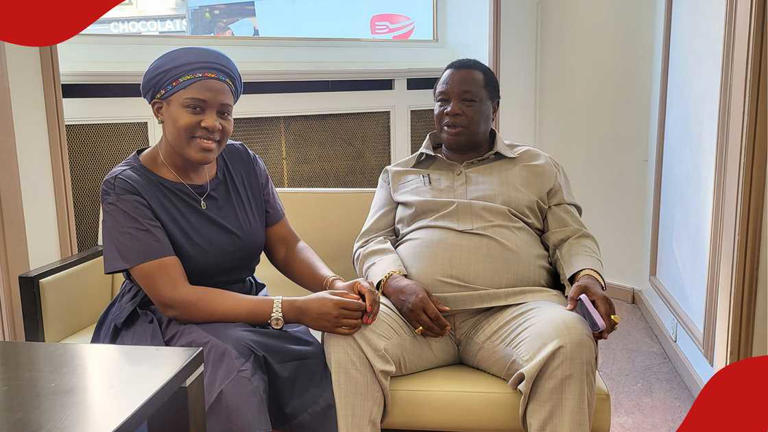
The Lagos State Governor, Babajide Sanwo-Olu, on Thursday presented N1.693 trillion 2023 Appropriation Bill to the House of Assembly.
Of the proposed 2023 expenditure, N1.343 trillion would accrue from Internally Generated Revenues and federal transfers, while deficit financing of N350 billion would be sourced from external and domestic loans, and bonds projected to be within the state’s fiscal sustainability parameters.
According to the governor, the state will earmark an aggregate of N67.4 billion, representing 3.98 per cent of the 2023 budget, to achieve the government’s social housing programme and provide amenities across communities.
The state, the governor said, would sustain its strategic investment in human capital and channel resources to deliver more infrastructure to keep its economy on the path of growth beyond next year. The state Government’s major concerns in 2023 are health and environment, education, and the economy.
Sanwo-Olu proposed an N153.5 billion allocation to education next year, representing 9.07 per cent of the total budget estimates, in order to consolidate the gains of the past years in the sector. He said the previous investments in education had yielded, leading to the achievement of a record-high performance of 82 per cent in the 2022 West African Senior School Certificate Examination.
This was against 39 per cent in 2019 when the administration came on board.
The governor is earmarking N339 billion capital (20.06 per cent) to provide infrastructure in various sectors next year, while dedicating an aggregate of N191 billion, representing 11.29 per cent, to health and the environment.
The fiscal proposal tagged “Budget of Continuity”, Sanwo-Olu said, presented his administration the opportunity to consolidate on its development strides since inception and satisfy the yearnings of the residents.
He said the state would not only “aggressively” focus on completing ongoing projects next year, it would also expand intervention programmes and intensify social support to citizens and their means of livelihood.
The 2023 Appropriation Bill has a capital expenditure of N932.7 billion, representing 55 per cent of the 2023 budget. The recurrent expenditure, representing 45 per cent, is N759.96 billion, which includes personnel cost, overhead and debt services.
Sanwo-Olu said the next year’s spending would further demonstrate his government’s determination to scale up good governance and quality service to the people through the T.H.E.M.E.S Agenda, stressing that the budget would propel the state to higher level of fiscal growth and social development.
He said: “The Year 2023 Appropriation Bill, which will be the final budget of our administration before the 2023 general elections, expresses our unwavering determination to keep serving the people of Lagos through our development agenda, while we uphold the trust and faith reposed in us by the people since 2019. As we return to the campaign trail to seek the mandate of Lagosians for another four years, we have resolved to continue our audacious interventions in every sector of the economy.
“This Budget of Continuity will propel Lagos to the next fiscal level and economic growth. Another significant moment beckons in the life of our administration; it is the culmination of a tenure dedicated to achieving a Greater Lagos, and the start of a new one dedicated to unlocking a higher level of growth and prosperity for our people. Next year, we will aggressively focus on completing ongoing projects, while also expanding our social intervention programs and support for citizens, and for micro and small businesses. The budget will offer us an opportunity to consolidate on all we have been doing towards satisfying the yearnings and aspirations of the people.”
(Punch)








140935 981497It is hard to discover knowledgeable individuals on this subject nevertheless you sound like you know what youre talking about! Thanks 522812
403693 85685An intriguing discussion will probably be worth comment. I think that you merely write considerably a lot more about this subject, it may become a taboo topic but generally consumers are inadequate to communicate in on such topics. To one more. Cheers 608001